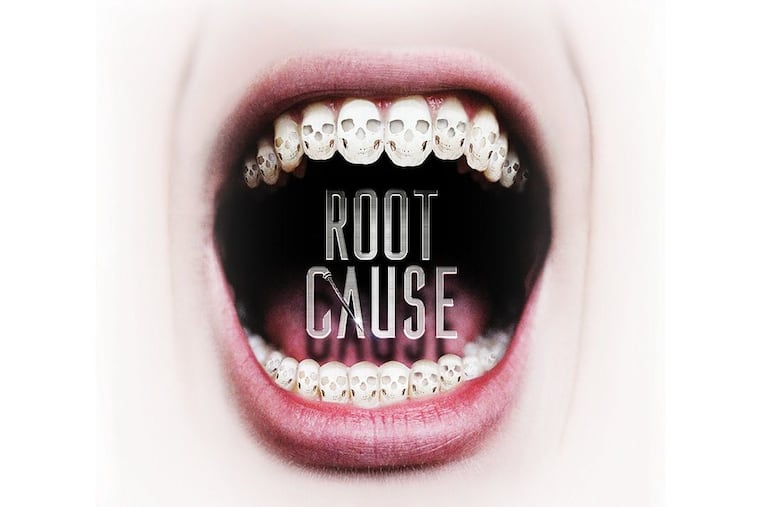Netflix’s decision to pull root canal documentary a win for science and facts | Opinion
Dean of Rutgers dental school: Films like "Root Cause" are harmful to public health.

When Netflix announced its decision in March to pull the documentary Root Cause, dentists everywhere breathed a sigh of relief. The film falsely links the root canal procedure to breast cancer and heart disease, employing baseless claims gleaned from discredited 1920s research.
The film was denounced by the American Dental Association (ADA), the American Association of Endodontists (AAE), and the American Association of Dental Research (AADR). All warned Netflix, Apple, Vimeo, and Amazon that Root Cause was spreading dangerous misinformation. So far, Netflix has been the only one to remove it, and hopefully, others will follow.
Among its entirely unsupported claims are that 98 percent of women who have had breast cancer have had a root canal on the same side as cancerous tumors. There is absolutely no research that validates this. And yet, Root Cause was available on Netflix to 58 million subscribers.
Days before the Netflix decision, Amazon removed some anti-vaccination documentaries that cite pseudoscientific claims debunked by a mountain of conclusive research.
I am not a fan of censorship. Books and films should not be unavailable because they contain inflammatory ideas or controversial claims. Documentaries that responsibly question conventional medical wisdom by drawing on sound research are a valuable resource for patients and providers. But there is no good reason to carry Root Cause — an odd mix of flashy first-person storytelling and interviews with medical “experts” that have the guise of authority but none of the expertise. For major media outlets to sell it implies that they believe its claims are worth consideration.
Film like Root Cause and anti-vaccination documentaries are harmful to public health, containing misinformation that can stop patients from seeking care to prevent illness and even death. It’s true that in the vast majority of cases, forgoing a root canal in favor of a tooth extraction — which the film recommends — won’t kill you. But it can result in a host of problems, including bone loss in the face and jaw, which can create the sunken appearance of premature aging.
This isn’t the first time that the dental profession has been the target of a misinformation campaign. Anti-fluoridation groups have frequently employed discredited data to link fluoridated water to cancer, thyroid problems, and ADHD, among other conditions. The truth is that fluoride has been scientifically proven to be safe and effective in the small dosage typically added to drinking water.
Part of the problem with providing an outlet for spurious, alarmist medical claims is that many consumers are unable, or unwilling, to distinguish between sound research and research that is outdated, invalid, or far less substantial.
While the internet has made it possible to access an infinite amount of useful information, it’s easy to stumble across crackpot theories and dubious sources. For instance, when I did an internet search asking the question, “Do root canals cause cancer?” and “Do root canals cause heart disease?”some results high on the list informed me that yes, they do. One cited the same nearly century-old research touted in Root Cause, without any attribution and, seemingly, no awareness that the findings were from 1928.
We can work to educate the public about reliable sources of medical information, like the National Institutes of Health (NIH), the Center for Disease Control (CDC), and respected consumer sites, like Web MD. And we can spread the word that some findings carry more weight than others. Major clinical studies with large population samples are more reliable than smaller studies. A systematic review, when researchers examine all studies on a particular topic to determine their validity and publish conclusions in a peer-reviewed journal, is the gold standard.
Meanwhile, we need to hold mass-media platforms accountable for the health information they distribute. Film and videos dispensing medical advice should be vetted for scientific credibility before they’re marketed to millions of consumers. Sometimes, the root cause of poor health is ignorance, and miseducating the public by purveying false information is just plain irresponsible.
Cecile A. Feldman is dean of Rutgers School of Dental Medicine.